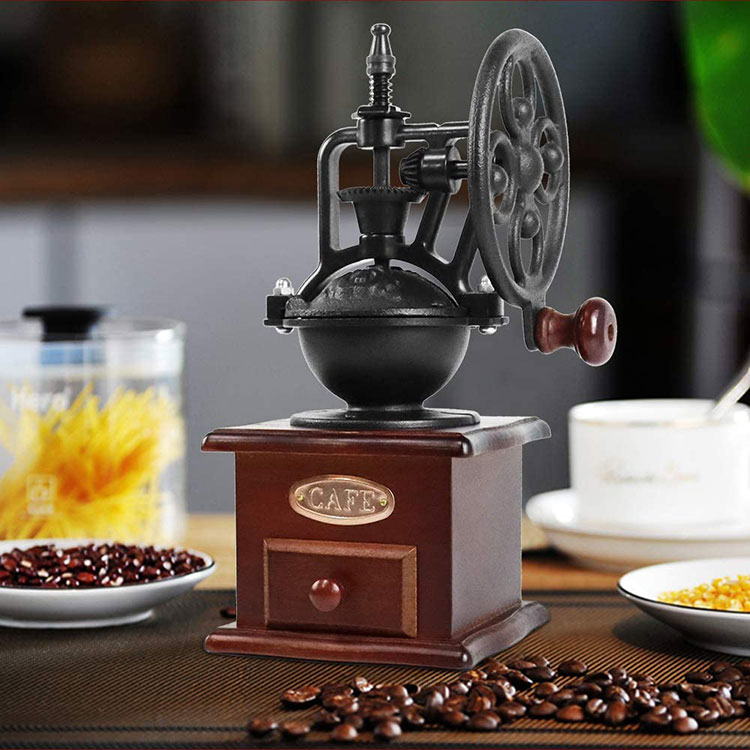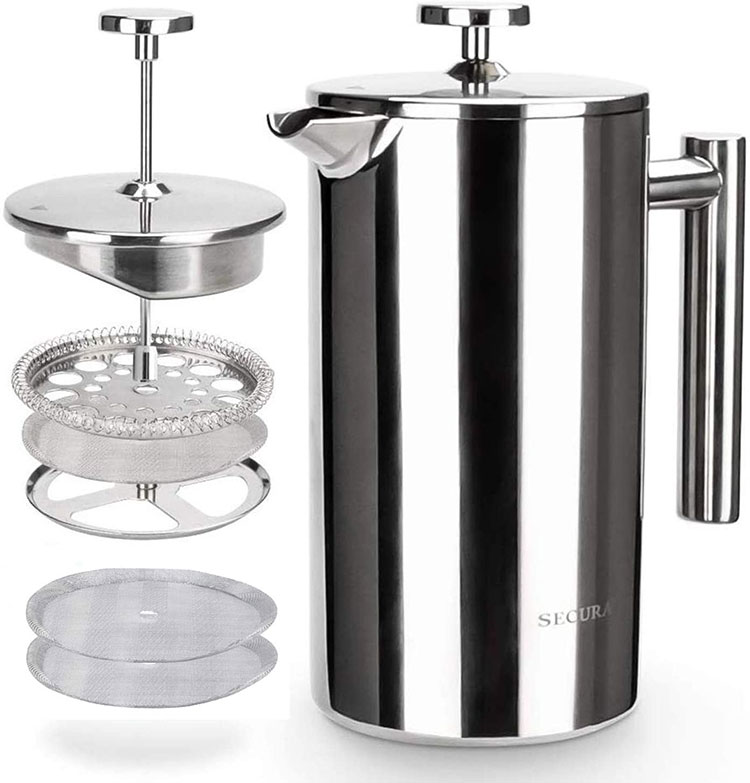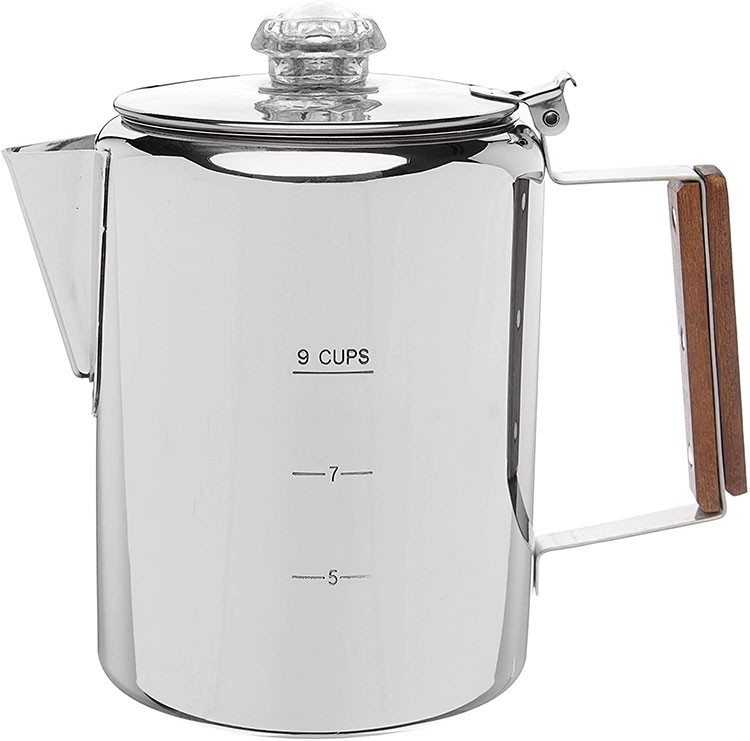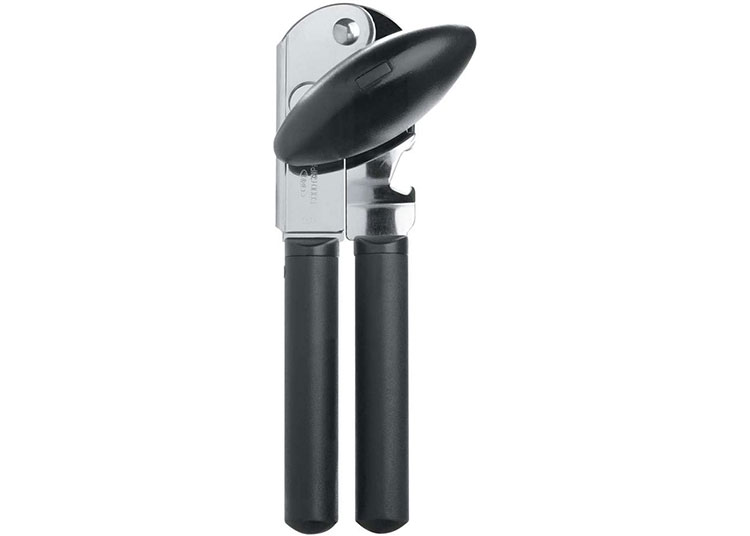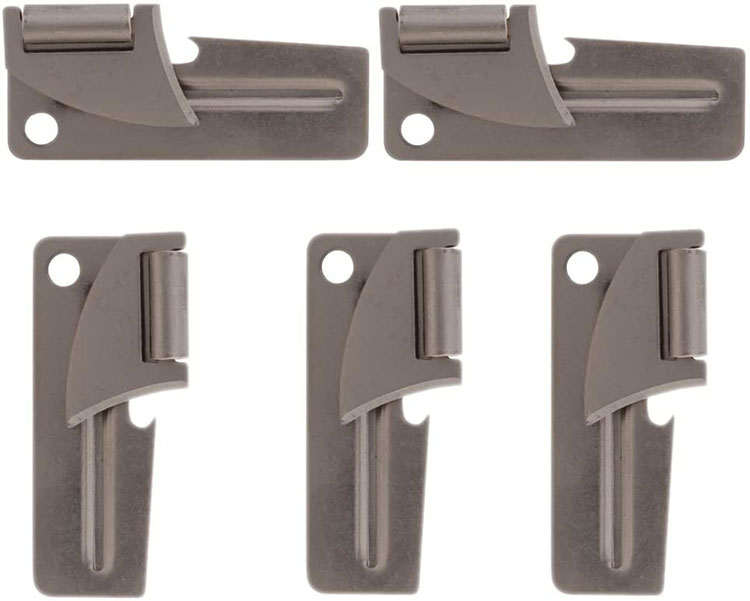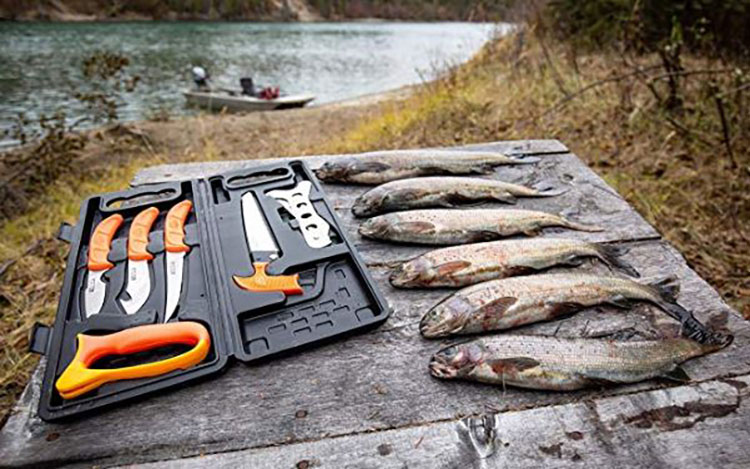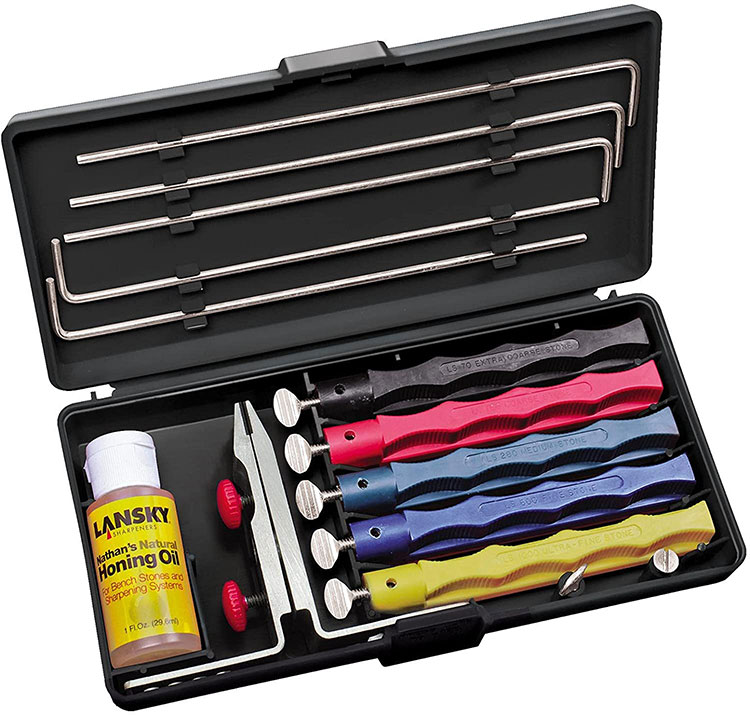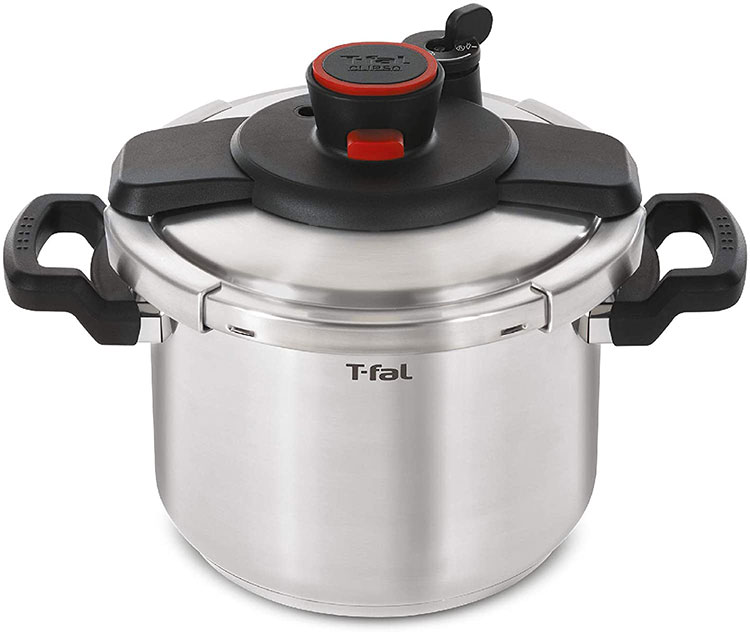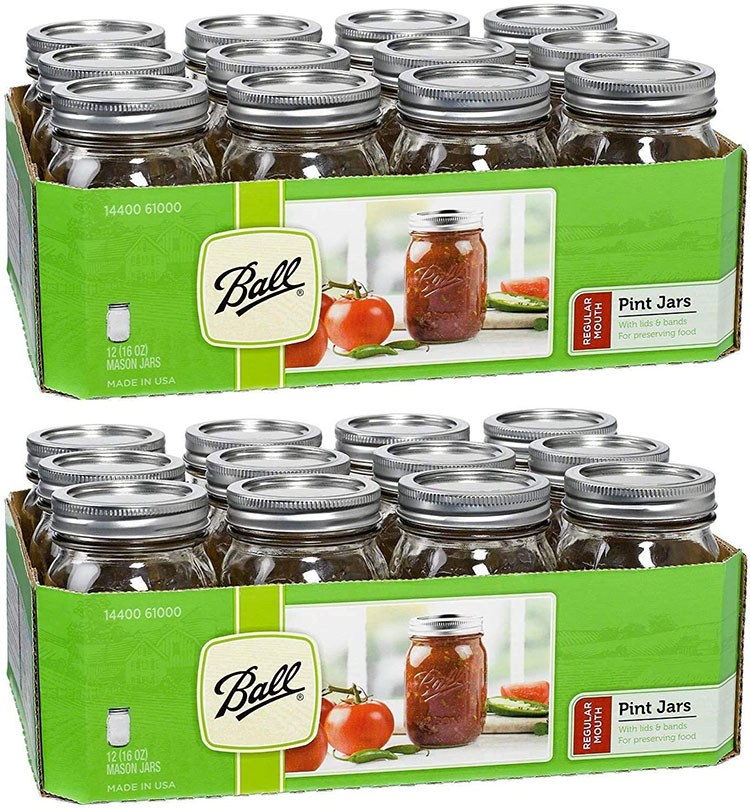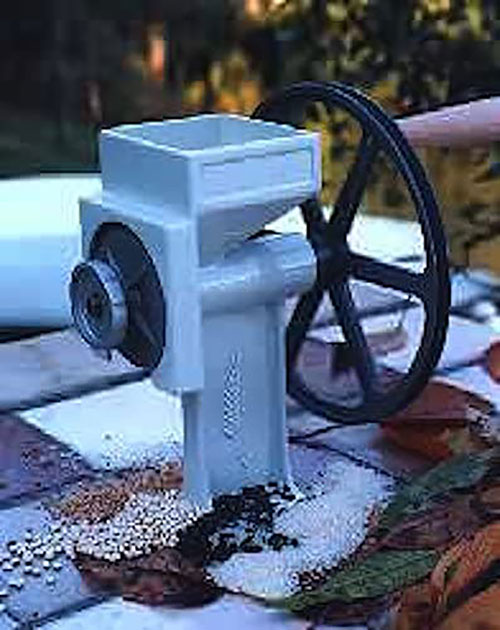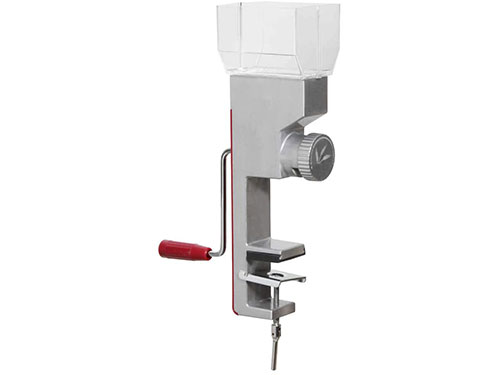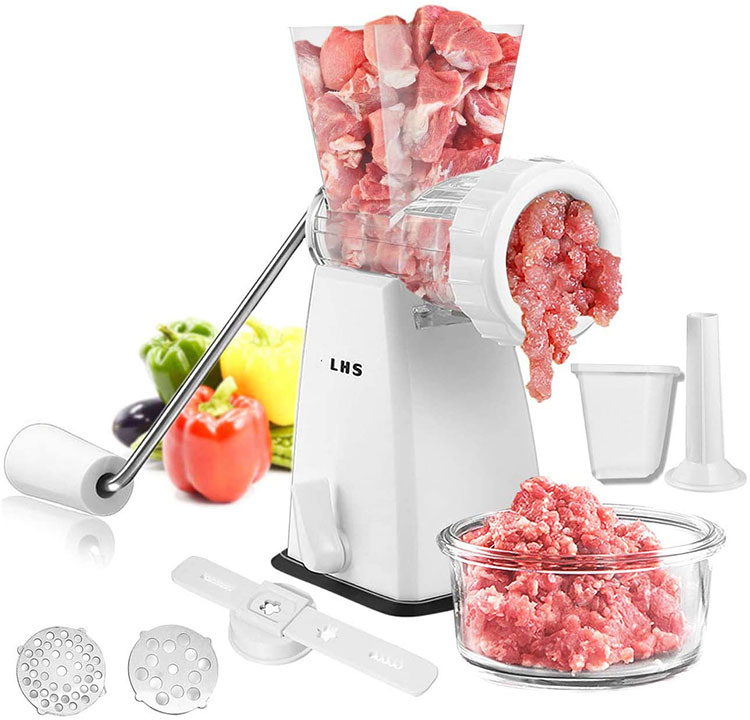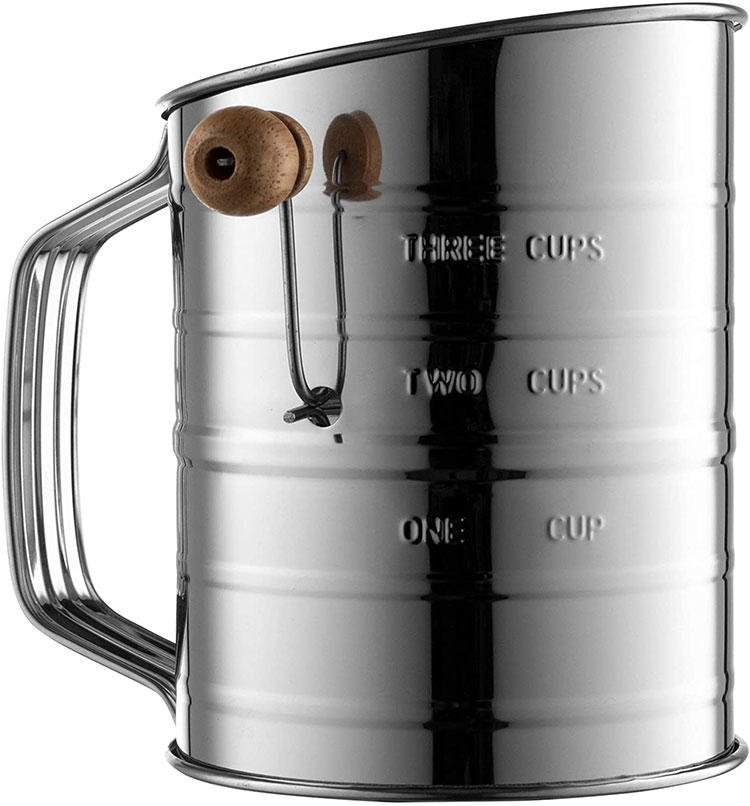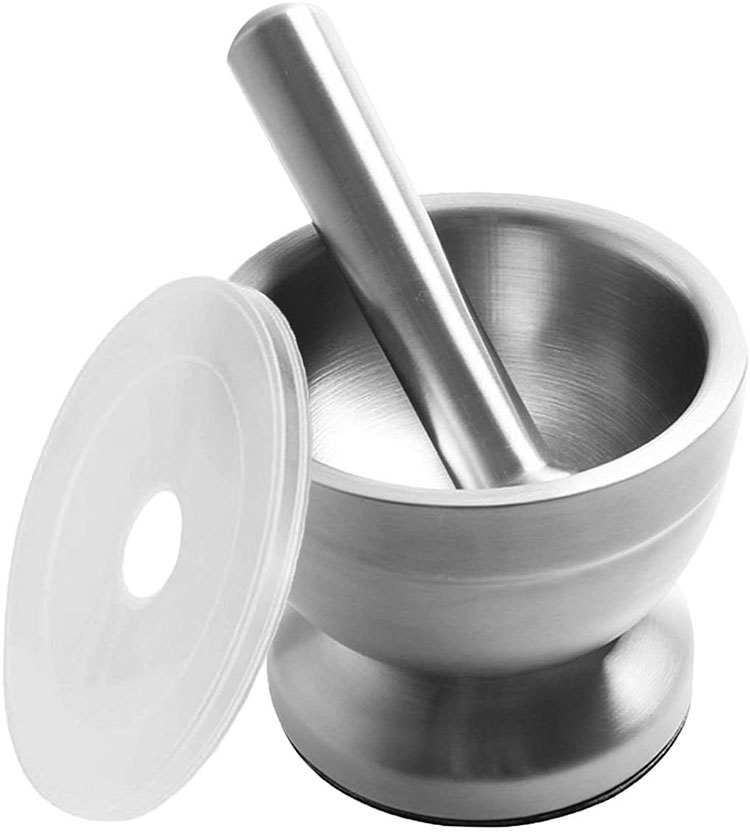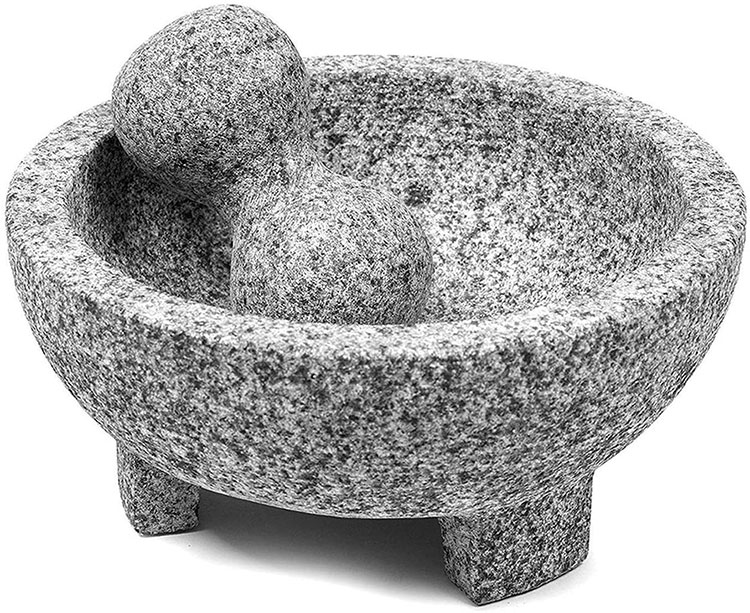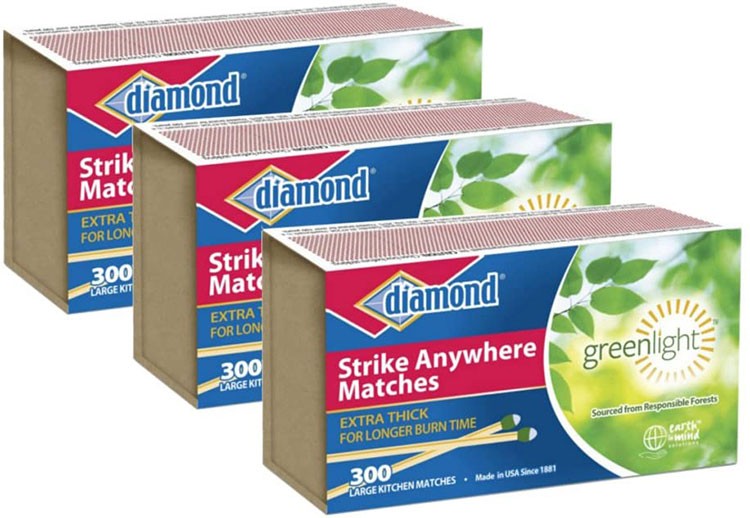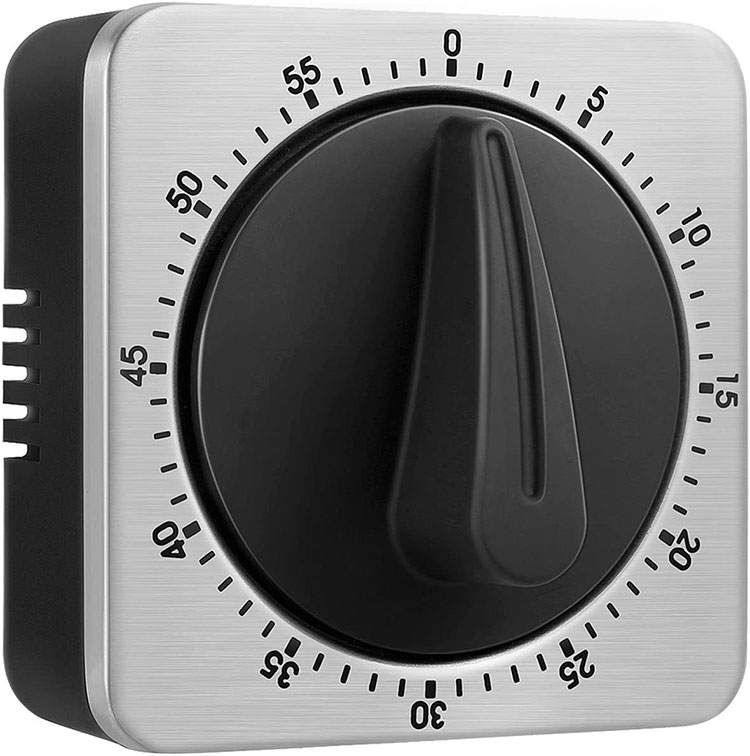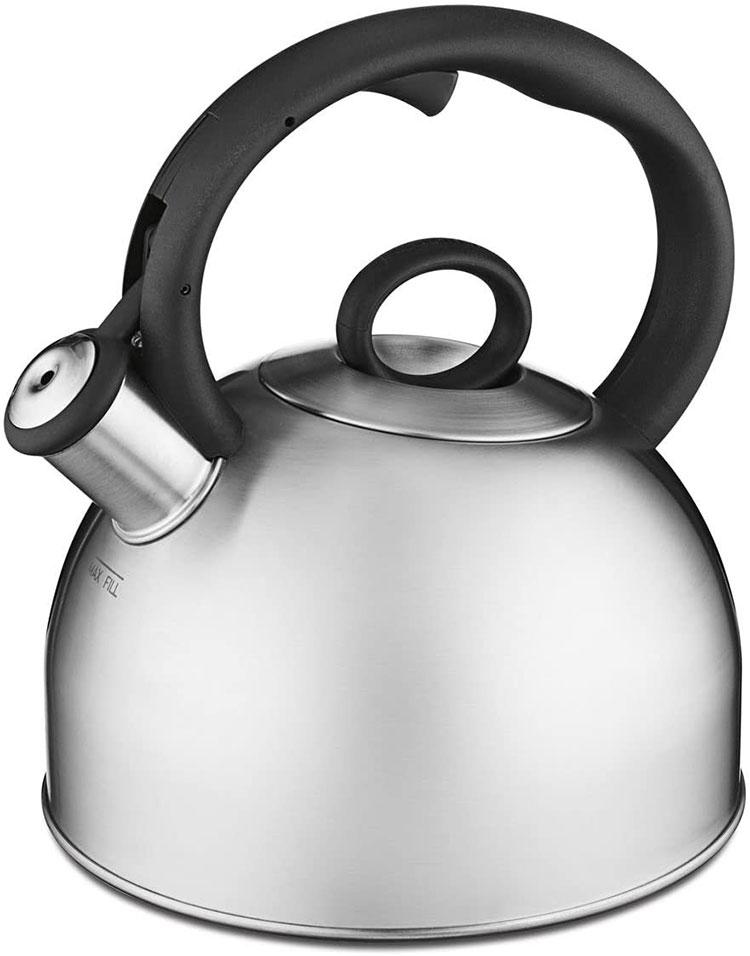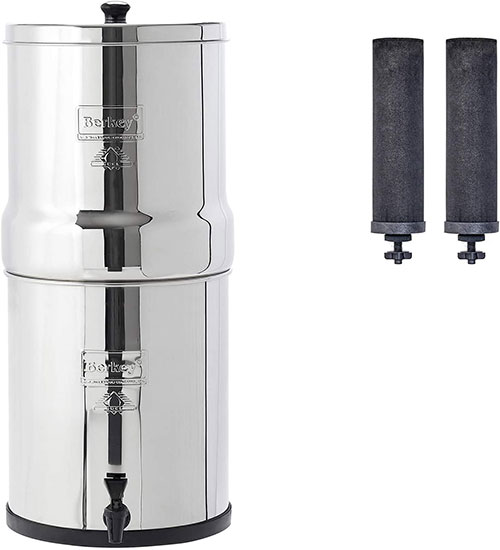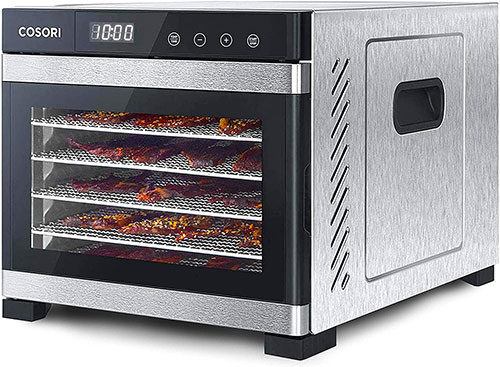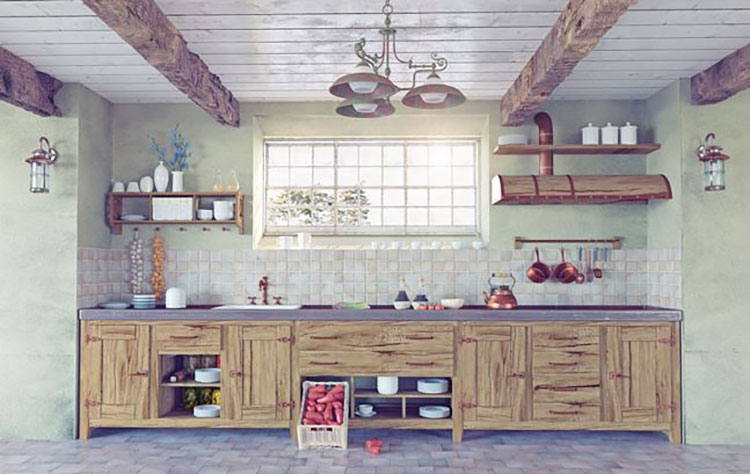
Many preppers cook at home, which means they look to build a prepper kitchen through different products. These SHTF chefs do so in order to 1) eat healthier, 2) save money, and 3) build and maintain basic living skills that will be necessary once the grid goes down and everyone needs a hot meal.
Prepper cooking requires a well-organized cook, and those cooks don’t go grocery shopping for the evening’s meal. They get that from their pantries. They go shopping to replenish their pantries. That way, they’re able to save money buying in bulk, and are always a step ahead in their food reserves.
Non-preppers, on the other hand, seem to be eating out more and more, with new restaurants popping up to accommodate the trend. When non-preppers eat at home, they’re buying more meals on the go that they can just heat up. This trend is reflected in grocery stores now clearing space for grab-and-go food.
Some people even have meals delivered directly to their house via Blue Apron, Home Chef, and other meal kit delivery services. In urban areas, they’re even using Uber Eats, paying someone to go get a meal for them. They can order food with a few touches on their smart phones and never have to leave their home or talk to anyone. Cooking is becoming a lost art.
Prepper cooking requires a different set of kitchen products. Those products should have one thing in common – they don’t rely on electricity. Any product that requires electricity is not worth adding to a prepper’s kitchen. Exceptions are any products that help you preserve food today for use later.
Want to be a prepper cook? You need more than measuring cups and rolling pins. I have a few suggestions…
1. Hand-Crank Coffee Grinder
Let’s start with the most important thing – coffee! You’ll really want the “perks” of coffee once the grid goes down. Imagine how good it will taste after SHTF! There you are, thirty days after an EMP fried the grid, living off freeze dried foods, but… the smell of the coffee percolating on your rocket stove. You need a manual coffee grinder!
If you’re not already storing green coffee beans, get on that now! You can roast them on a cast iron skillet (more on that below), and then grind the beans yourself for a fresh cup of coffee. No, it won’t be as good as machine-roasted beans, but trust me, after the collapse, it will be the best tasting coffee you’ve ever had!
Note: In a jam you could smash the beans into pieces in hopes of “grinding” them that way, but that’s not the ideal. A hand-crank grinder is what you want. It will produce a consistent grind and make for a much better cup of joe. Bonus – you can start using that hand-crank grinder today for fresher, better cups of coffee right now.
2. Coffee French Press or Percolator
Once you have ground coffee you need a way to cook it. The Keurig machine won’t help you out, nor will a traditional drip coffee maker. We use a tea kettle for hot water and a French press for coffee every morning in our house. You can make the coffee to your desired strength, and it’s far more fresh tasting. Percolators are better when you have more than two people.
3. Cast Iron Cookware
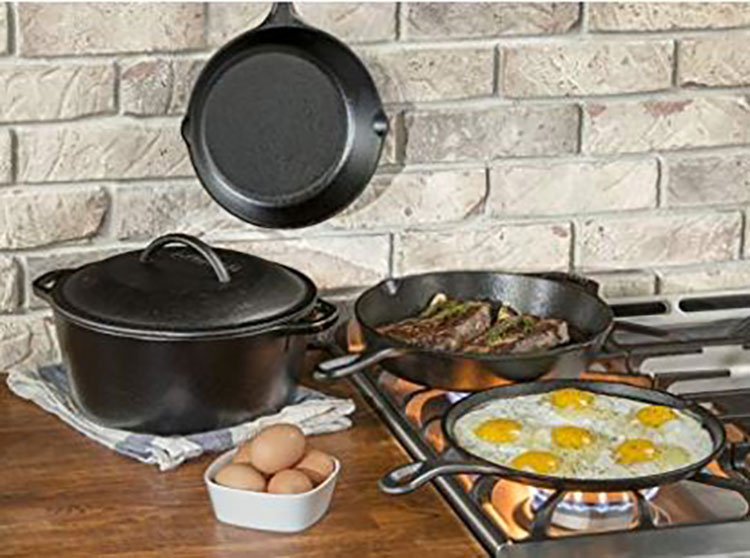
The benefits to cast iron cookware are clear. It lasts forever. It’s easy to clean. There is a good distribution of heat. You can cook with it over any heat source, including campfires. It also provides your body with much-needed iron. It’s inexpensive, given the quality. Lodge is a popular and respected brand. They don’t cut corners with their cookware, and I give them two thumbs up. They also come pre-seasoned!
In our house, there is always at least one cast iron skillet sitting on the stove. We have a 10.25″ skillet, a 10.5″ griddle, a 12″ skillet, a Dutch oven, and a reversible 20″x10″ griddle pan. The latter two get more use when camping, but the skillets and 10.5″ griddle are used weekly if not daily.
If you want to save money by buying in bulk for your prepper cooking, look at Lodge’s Seasoned Cast Iron 5 Piece Bundle, which includes a 10.5″ griddle, 8″ skillet, 10.25″ skillet, and a 25″ Dutch oven with lid.
Bonus: You can save money by looking for cast iron cookware at yard sales. People are always getting rid of it (when they should be keeping it). The downside is it may not be in the best shape, i.e., you may have to re-season it a few times.
4. Can Openers
Preppers keep canned goods and many have shelving specifically designed for their canned goods. While there are ways to open cans of food without a can opener – why would you want to do that?
We use the OXO can opener in our house. For backpacking, bug out bags, car kits, etc., preppers widely use (and love) the GI P-38 can openers. These are lightweight, minimalist, and come in under a dollar each when you buy a 5-pack.
5. Butchering Tools
I have to admit – I don’t own one, but I do need one. After all, after the apocalypse, what will you do with chickens that don’t lay eggs? How will you tenderize tough meat? How will you process groundhogs, possums, and squirrels? Outdoor Edge’s WildPak Portlable Field Dressing Kit will get you started. A strong product with great reviews.
6. Knife Sharpening Tools
If you’re not using a knife regularly, you may take its sharp edge for granted. Don’t plan on keeping it sharp after the apocalypse. Whether you’re slicing deer meat or piercing the heads of zombies, you’ll need basic knife sharpening tools.
7. Canning Equipment
Canning equipment may not be necessary for the urban prepper, but for anyone who has a garden or buys in bulk at the farmer’s market, canning equipment helps keep summer food through winter months. It’s what grandma used to do!
A good pressure canner and some canning jars will get you started. If you’re new to canning, make sure you’re doing it the right way to prevent foodborne illness. Consult the USDA Complete Guide to Home Canning for all of the information you’ll need.
8. Hand Grain Mill (Wheat Grinder)
Grain has a much longer storage life than flower. This is why hardcore preppers stock up on years’ worth of grain. They can then grind that grain into flour or crack it open for soup. You can grind popcorn for cornmeal, hard wheat, seeds, etc.
The Country Living Hand Grain Mill is the best. It’s made in the U.S.A. It’s the grain mill everyone wants, but the price tag scares many. There are less expensive grain mills for those who don’t want to spend so much. They won’t have all of the features of the Country Living version, or be as strong, but they will get you by.
9. Manual Meat Grinder
Where’s the beef!? After the apocalypse, you’ll settle for any ground meat, whether it’s beef or not. If you hunt or keep livestock, you’ll be processing that meat yourself. No more conveniently-packaged burger at the grocery store. With a meat grinder, you can turn tough meat into burger, which is more versatile for cooking. The prices on these go into the hundreds, but good news! A manual-powered meat grinder (which preppers want anyway) can be purchased for far less.
10. Hand-Crank Sifter
If cooking is becoming a lost art, baking is really becoming a lost art! Every household used to have a bin of flour. I remember as a kid being sent to sift flour for dinner. Does anyone do that any more?
That wheat you ground into flour should be sifted first. That means fluffier breads and pastries. Stainless steel flour sifters do not cost much. Buy one and don’t wait for TEOTWAWKI to start using it. You can make better baked goods today!
11. Stainless Steel Everything
If you’re not using cast iron cookware, you should be using stainless steel everything. Just say no to plastic and Teflon. Bowls, utensils, colanders, roasting pans, and serving spoons. Spatulas, ladles, cheese graters, colanders, whisks, meat tenderizing hammer, and measuring cups – get stainless everything! Stainless steel is unbreakable and BPA-free. Buy quality once over crap twice.
12. Mortar and Pestle
Mortar and pestle for prepper cooking? You wouldn’t think of these little tools as a “must have” for prepper cooking, but that’s because you’re still used to pre-collapse thinking. You can use a mortar and pestle to make pastes, crush nuts and vitamins, or crush medications for kids. You can grind spices, seasonings, and make great guacamole.
Mortars and pestles can be purchased in stainless steel, but my preference is a heavy granite mortar and pestle set.
13. Boxes and Boxes of Matches
The “click click click” of the gas range always starts our propane-fired burners… unless the power is out. That’s when we have to use matches. Of course, matches have uses beyond just lighting the range. You use them to start the grill, campfires, light camp stoves, etc. No preparedness kitchen (or supply room) is complete without boxes of matches.
I recommend the Diamond “Strike Anywhere” Matches. They come in a pack of three. Three boxes of matches with 300 matches per box gives you 900 total matches, all for under $15 dollars!
14. Wind-Up Kitchen Timer
The timer on your oven isn’t going to work after the apocalypse. Nor will you be able to say, “Alexa, set a timer for 30 minutes.” An old-school manual timer is what you need to make sure you don’t burn those muffins.
15. Stainless Steel Teakettle
Prepper cooking is like all cooking; it requires the ability to boil water, and nothing beats a good stainless steel teakettle for that. It heats quickly, so it uses less fuel to do it, and you’ll need to heat water for all of your freeze dried food, coffee, and tea needs.
16. Big Berkey Water Filter
Preppers love Big Berkey Gravity-Fed Water Filters as much as Big Berkey loves preppers. Many preppers buy them for when they have to filter water from rivers, lakes, and streams should events require it. Even more people buy them for everyday use running their tap water through them for better drinking water.
A Berkey Water Filter removes bacteria, viruses, and chemicals (including Fluoride and trace amounts of medicines) from you water while leaving the minerals that benefit your body. Bonus: After the apocalypse, you won’t have to waste precious fuel heating water for purification. You can just let gravity do its work with the Big Berkey.
17. Food Dehydrator
Food dehydrators make preserving food easy. Without moisture, food takes much longer to spoil. By making your own dried foods, you also have the benefit of eliminating the preservatives found in store-bought foods.
A quality food dehydrator allows you to make your own beef jerky, dried fruit, dog treats, and more. So long as it’s a good one, it will be quiet, safe to use, and easy to clean.
Prepper Kitchen Summary
Prepper cooking requires one more thing, however – cookbooks! There are a bazillion and counting cookbooks out there on everything from cooking wild game to making fancy desserts. A few of my suggestions include the Armed Forces Recipe Service (cooking for large groups) and The American Frugal Housewife (Lydia Child’s book that teaches you how to cook with economy).
